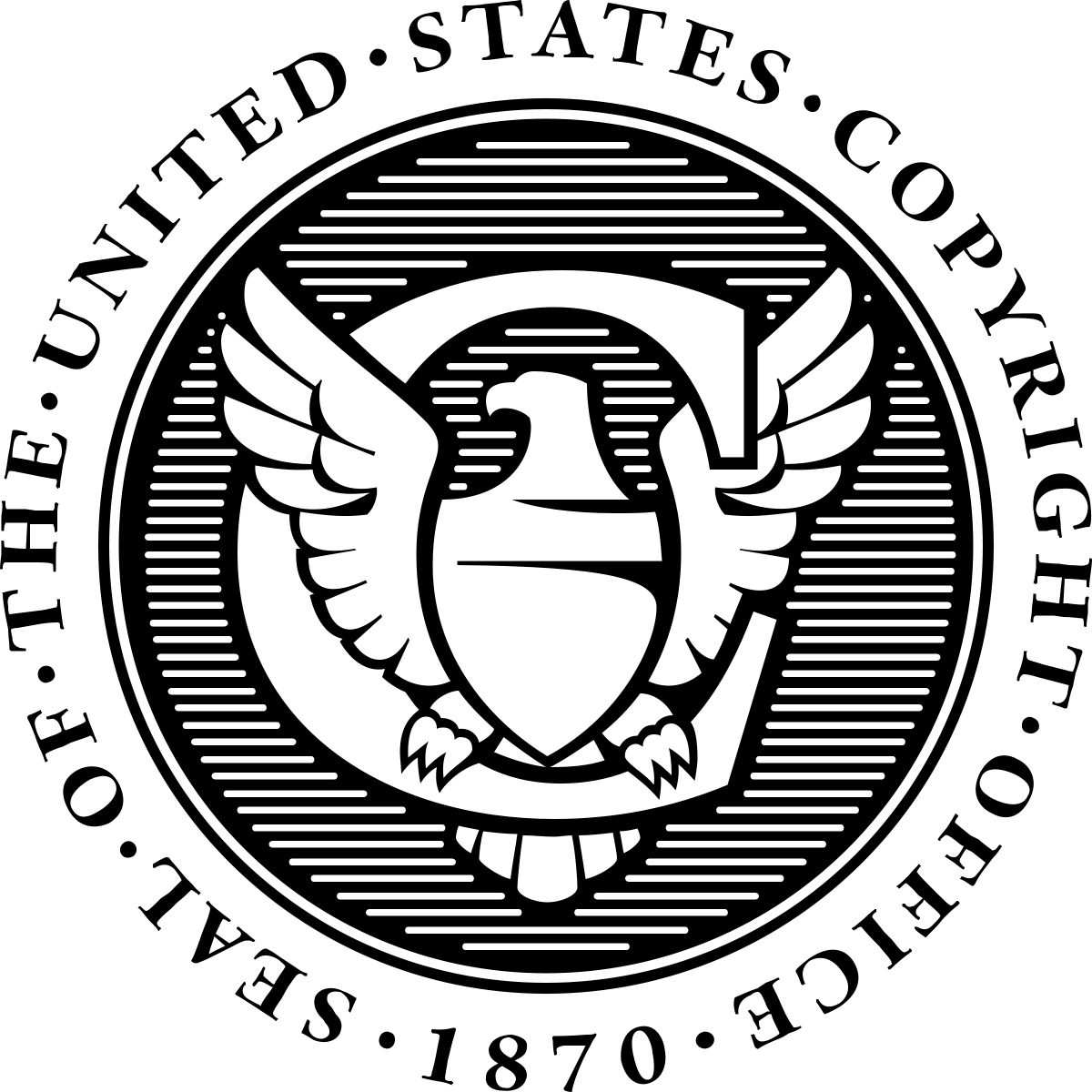- Most of these are available at FSCJ under the terms of license agreements, which determine how each electronic journal or database can be used.
- License terms generally override copyright law where they differ.
- Linking:
- Linking to a database or an e-journal from a course page is generally allowed, and is the recommended method for providing online information content.
- Copying/reposting:
- to an open access environment: prohibited.
- to an access-controlled environment: may or may not be allowed.
How is copyright related to plagiarism?
Plagiarism is best defined as the unacknowledged use of another person’s work. It is an ethical issue involving a claim of credit for work that the claimant did not create. One can plagiarize someone else’s work regardless of the copyright status of that work. For example, it is nonetheless plagiarism to copy from a book or article that is too old to still be under copyright. It is also plagiarism to use data taken from an unacknowledged source, even though factual material like data may not be protected by copyright. Plagiarism, however, is easily cured – proper citation to the original source of the material.
Copyright infringement, on the other hand, is the unauthorized use of another’s work. This is a legal issue that depends on whether or not the work is protected by copyright in the first place, as well as on specifics like how much is used and the purpose of the use. If one copies too much of a protected work, or copies for an unauthorized purpose, simply acknowledging the original source will not solve the problem. Only by seeking prior permission from the copyright holder does one avoid the risk of an infringement charge.
What if I just take an idea from another source but do not copy the words?
Copyright does not protect ideas, only the specific expression of an idea. For example, a court decided that Dan Brown did not infringe the copyright of an earlier book when he wrote The Da Vinci Code because all he borrowed from the earlier work were the basic ideas, not the specifics of plot or dialogue. Since copyright is intended to encourage creative production, using someone else’s ideas to craft a new and original work upholds the purpose of copyright, it does not violate it. Only if one copies another’s expression without permission is copyright potentially infringed.
To avoid plagiarism, on the other hand, one must acknowledge the source even of ideas that are borrowed from someone else, regardless of whether the expression of those ideas is borrowed with them. Thus a paraphrase requires citation, even though it seldom raises any copyright problem.
How can I reclaim my copyright?
Copyright law permits authors to reclaim their copyrights 35 years after transferring these rights. Reclaiming copyright allows the author to make new publishing arrangements, including making the work openly available on the web.
Starting in 2013, authors can reclaim copyrights they transferred (e.g. through an agreement with a publisher) on or after January 1, 1978. Authors interested in reclaiming copyright need to file a notice in advance.
For more information:


